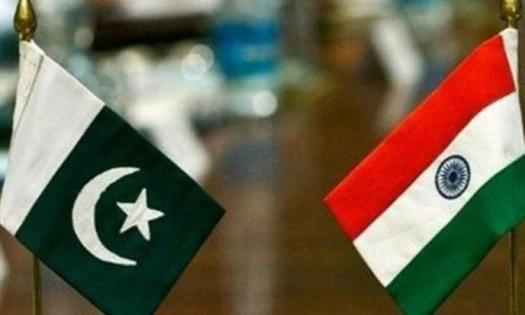The Delhi High Court recently refused to entertain a petition filed by a Pakistani woman who sought the issuance and regularization of a Long-Term Visa (LTV) in India until she could be granted citizenship. The woman, who is married to an Indian citizen, had approached the court after her visa application faced hurdles due to a government order.
The woman had applied for an LTV on April 23, 2025, before the Bureau of Immigration, India. However, on April 25, 2025, the Ministry of Home Affairs (Foreigners-1 Division) issued an order under Section 3(1) of the Foreigners Act, 1946. The government decided to suspend visa services to Pakistani nationals with immediate effect following a terrorist attack in Pahalgam, Jammu and Kashmir.
"The Government has decided to suspend the Visa services to Pakistani nationals with immediate effect. All existing valid Visas, except Medical Visas, Long Term Visas, Diplomatic & Official Visas, stand revoked with immediate effect from April 27, 2025," the order stated.
The woman had also sought a direction to prevent the revocation or suspension of her residential permit, which was valid from March 26 to May 9, 2025, issued under Rule 6 of the Registration of Foreigner’s Rules, 1992, and to extend it over time.
Justice Sachin Datta, who heard the case, observed that the government’s order under the Foreigners Act was driven by serious national security concerns. He noted:
"Prima facie, the order issued under Section 3(1) of the Foreigners Act, 1946 does not warrant any judicial review given that the issuance of the same was impelled by serious national security considerations."
The Court also highlighted that it was not within its authority to carve out exceptions in matters of such national importance. Citing the Supreme Court judgment in Hans Muller of Nurenburg v. Superintendent, Presidency Jail, Calcutta (1955) 1 SCR 1284, the Court emphasized:
"The Foreigners Act confers the power to expel foreigners from India. It vests the Central Government with absolute and unfettered discretion and, as there is no provision fettering this discretion in the Constitution, an unrestricted right to expel remains."
Faced with the Court's unwillingness to entertain the matter, the petitioner’s senior counsel sought permission to withdraw the petition. Accordingly, the Court dismissed the petition as withdrawn. All pending applications were also disposed of.
Justice Sachin Datta signed the digitally recorded order on April 26, 2025, confirming that the authenticity of the document could be verified through the Delhi High Court Order Portal.
Title: SHEENA NAZ & ANR v. UNION OF INDIA & ORS.















